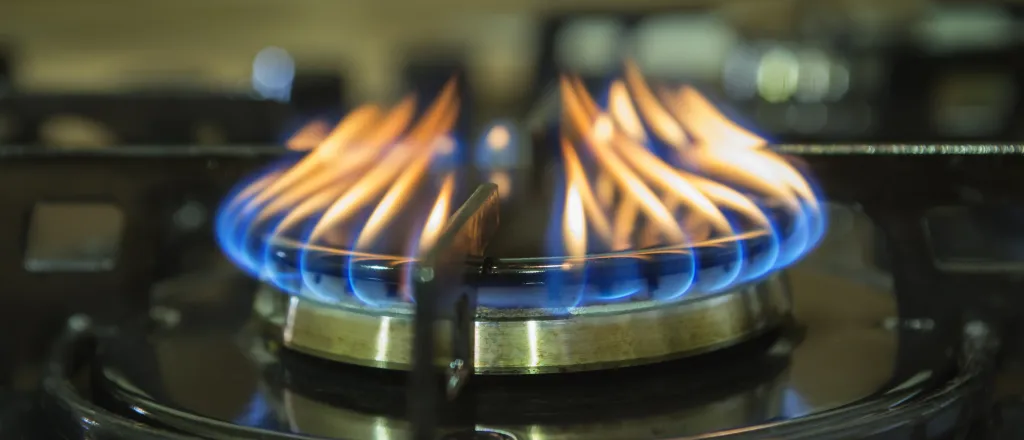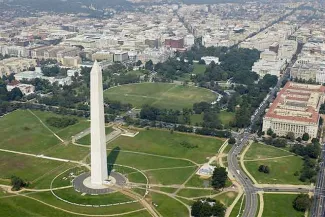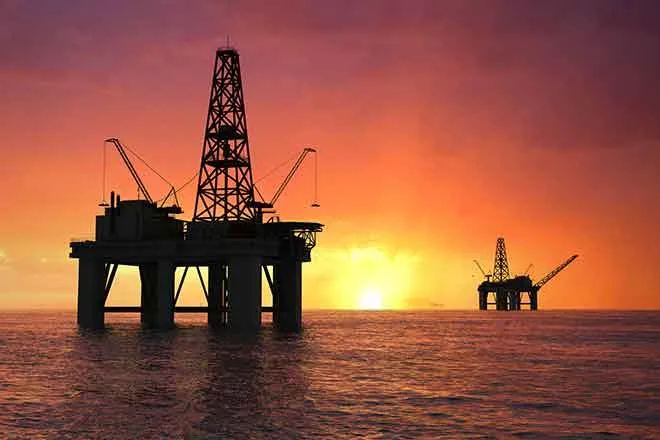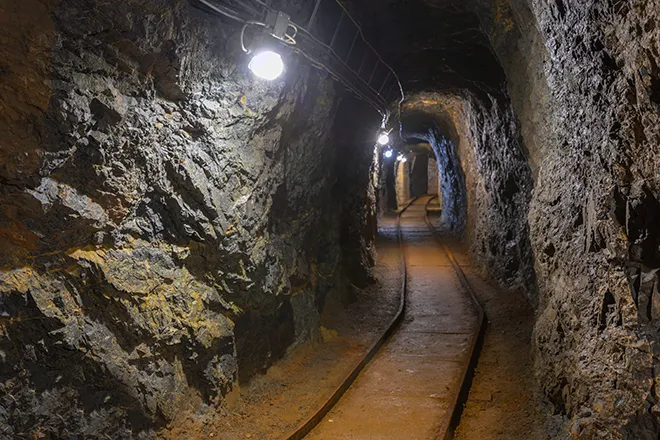
DC Public Service Commission puts Project Pipes on hold
© iStock - FotoCuisinette
Click play to listen to this article.
(Maryland News Connection) Advocates are applauding the Washington, D.C., Public Service Commission's decision to pause a Washington Gas infrastructure rebuild known as Project Pipes.
The project began in 2014 as a 40-year plan to replace all the District's aging natural gas infrastructure, at a projected cost to ratepayers of $4.5 billion. The project is nearing the end of Phase 2 but last Tuesday the commission voted to put a Washington Gas request for a $57 million extension of the phase on hold. The commission cited concerns about the cost and the company's inability to reduce the number of leaks.

Washington Monument - Wikimedia
Tim Oberleiton, senior attorney for the nonprofit Earthjustice, said the approach of replacing all the gas infrastructure distracts from what he believes is the main problem.
"Washington Gas has incurred millions of dollars in penalties for failing to meet agreed-upon leak-reduction targets," Oberleiton pointed out. "Despite spending hundreds of millions of ratepayer dollars on this program, leaks are not moving down in a meaningful way. In fact, last year in D.C., the Beyond Gas campaign measured leaks across the city [and] found hundreds of active leaks across all eight wards."
In a statement to Public News Service, Canadian-owned AltaGas, parent company of Washington Gas, said Project Pipes targets the riskiest leak-prone pipes in the system.
The commission requested additional information from Washington Gas including data on the number of miles of pipe replaced in years past and associated repair costs, as well as the number of leak repairs conducted in past years. The request seeks performance metrics on each phase of the project, as well as data going back to 2005, 9 years prior to the start of Project Pipes.
The commission did not weigh in on the prospects for Phase 3 of the project, but advocates say Project Pipes runs counter to the city's climate goals, including a pledge to be carbon-neutral by 2045, which anticipated continual movement away from fossil fuels and toward renewable energy sources for homes.
Oberleiton argued committing billions to new gas infrastructure will create an incentive to keep using a technology known to contribute to climate change. He noted a number of other cities have cut spending for similar projects or delayed them.
"In Illinois, the Illinois Commerce Commission, which is the PSC out there, put a halt on any and all activities in this regard, citing the cost overruns and climate risks," Oberleiton pointed out.
Community groups are joining the opposition. In November, the D.C. Advisory Neighborhood Commission representing Glover Park and Cathedral Heights passed a resolution opposing funding for Phase 3 and calling on the Public Service Commission to revise the project to focus on existing leaks and scaling new investment to match the city's energy and climate goals.
Advocates often refer to natural gas as methane, which is its primary component. As a greenhouse gas, methane is 25 times more potent than carbon dioxide at trapping heat in the atmosphere. In homes, research shows the use of methane gas for cooking contributes to poor air quality and releases toxic compounds into the air including known carcinogens such as benzene.
Naomi Cohen-Shields, D.C. campaign manager for the Chesapeake Climate Action Network, said use of the term "natural gas" amounts to greenwashing by the gas industry.
"It's putting this idea into our heads that this is a clean form of energy that we can trust, that it's something that is safe to have in our homes, that it's better for the environment," Cohen-Shield explained. "We're beginning to dismantle that as the science is pointing more and more clearly to the fact that fracked gas, methane gas, is not a clean source of energy, that it's extremely harmful for the planet and also for people's health when it's burned in their homes."
















